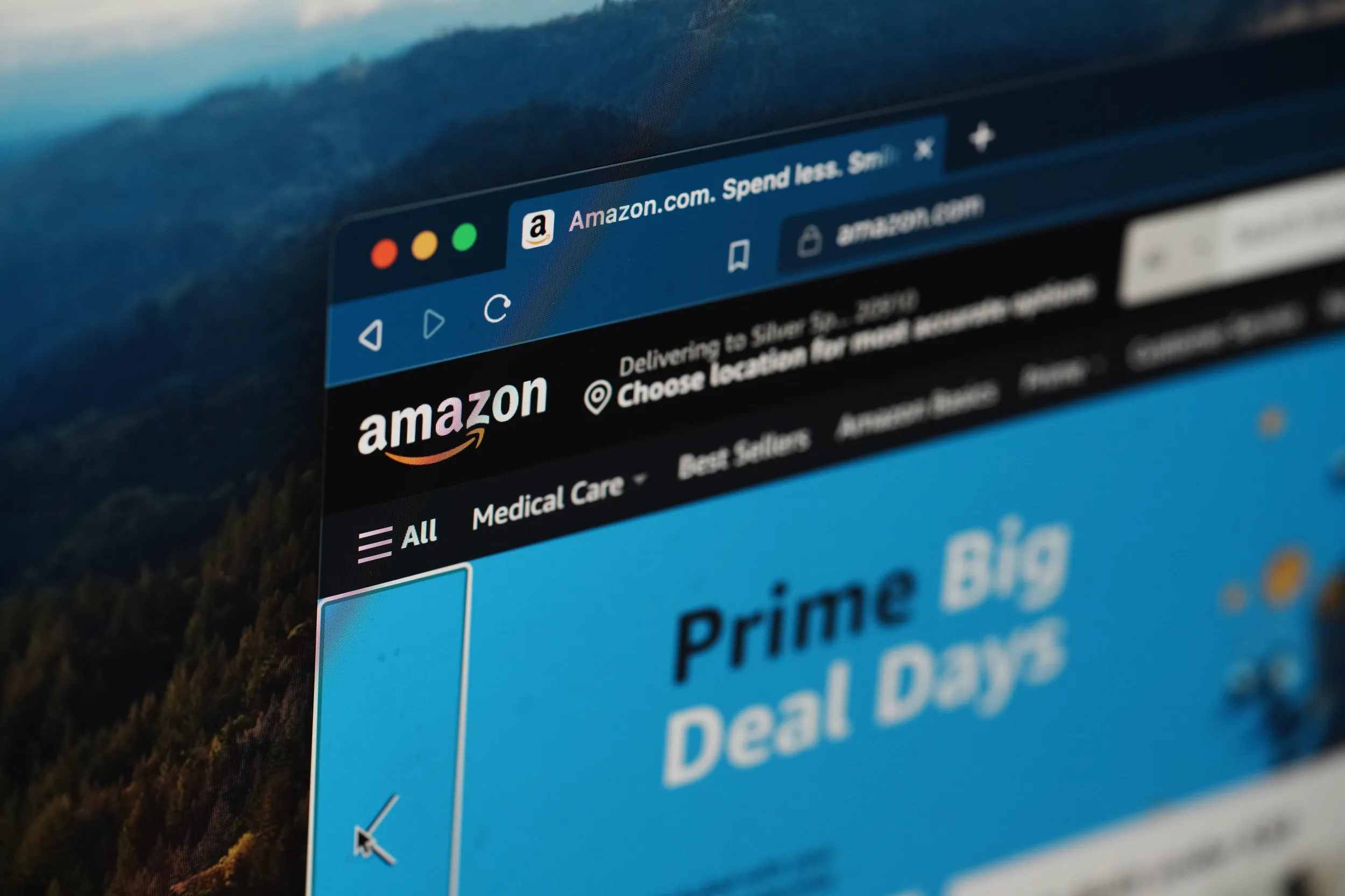FTC Comes to Uber’s Defense in DC
As we have discussed before, the Federal Trade Commission has a wide ranging competition remit. Besides reviewing mergers and investigating monopolistic behavior, they also have broader powers to (and an institutional history of) advise lawmakers (state, local, and even national) on the competitive effects of proposed regulations and legislation, including local governments, on potential anticompetitive problems with regulations. Back in March we wrote about the FTC writing a letter to the Colorado PUC advising it that its proposed taxicab regulations were needlessly anticompetitive and harmed innovative new startups like Uber that harness the power of the Internet to better serve customers and easily connect willing suppliers of a service with those who demand that service. Economics 101. The FTC also chimed in on proposed Alaska legislation and encouraged the state to liberalize their taxicab markets. Furthermore the FTC recommended that the new taxi regulatory framework be forward-looking and accommodate new Internet-driven innovations in the local transportation markets:
The Assembly may wish to consider reforms that anticipate and will facilitate the future development of new technologies and new services, while maintaining or creating appropriate consumer protections.
Today, the FTC announced that it submitted comments to the DC Taxicab Commission in the same vein as its Colorado and Alaska comments. Washington, DC is considering new taxicab regulation and the FTC took exception with several curious provisions of the draft regulations that unnecessarily hinder “digital dispatch services.” (For the full version of the FTC’s comments, see here.)








